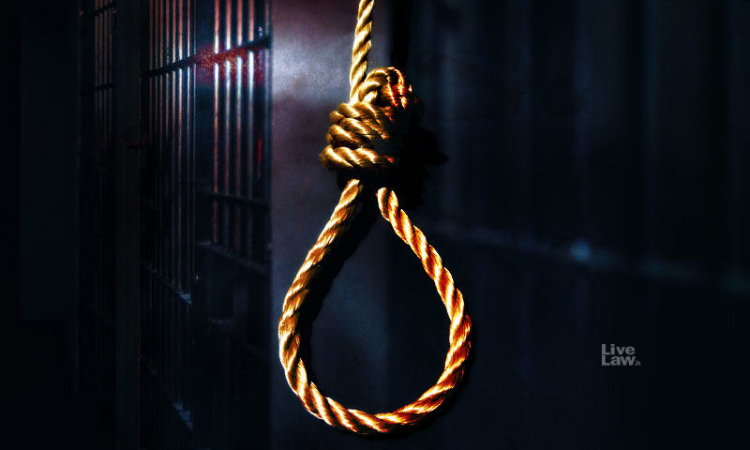Man Who Was Twice Sentenced To Death In 2 Trials Acquitted In 3rd Retrial
Bhavya Singh
6 April 2024 6:55 PM IST

Next Story
6 April 2024 6:55 PM IST
In a notable development in Bhopal, Madhya Pradesh, a man who had been convicted and sentenced to death two times for the alleged rape and murder of a 9-year-old girl was acquitted after the third trial.Judge Prachi Patel presiding over the case observed, "no matter how grave the crime is, the burden of proof to convict the accused always lies on the prosecution. The court must always...
